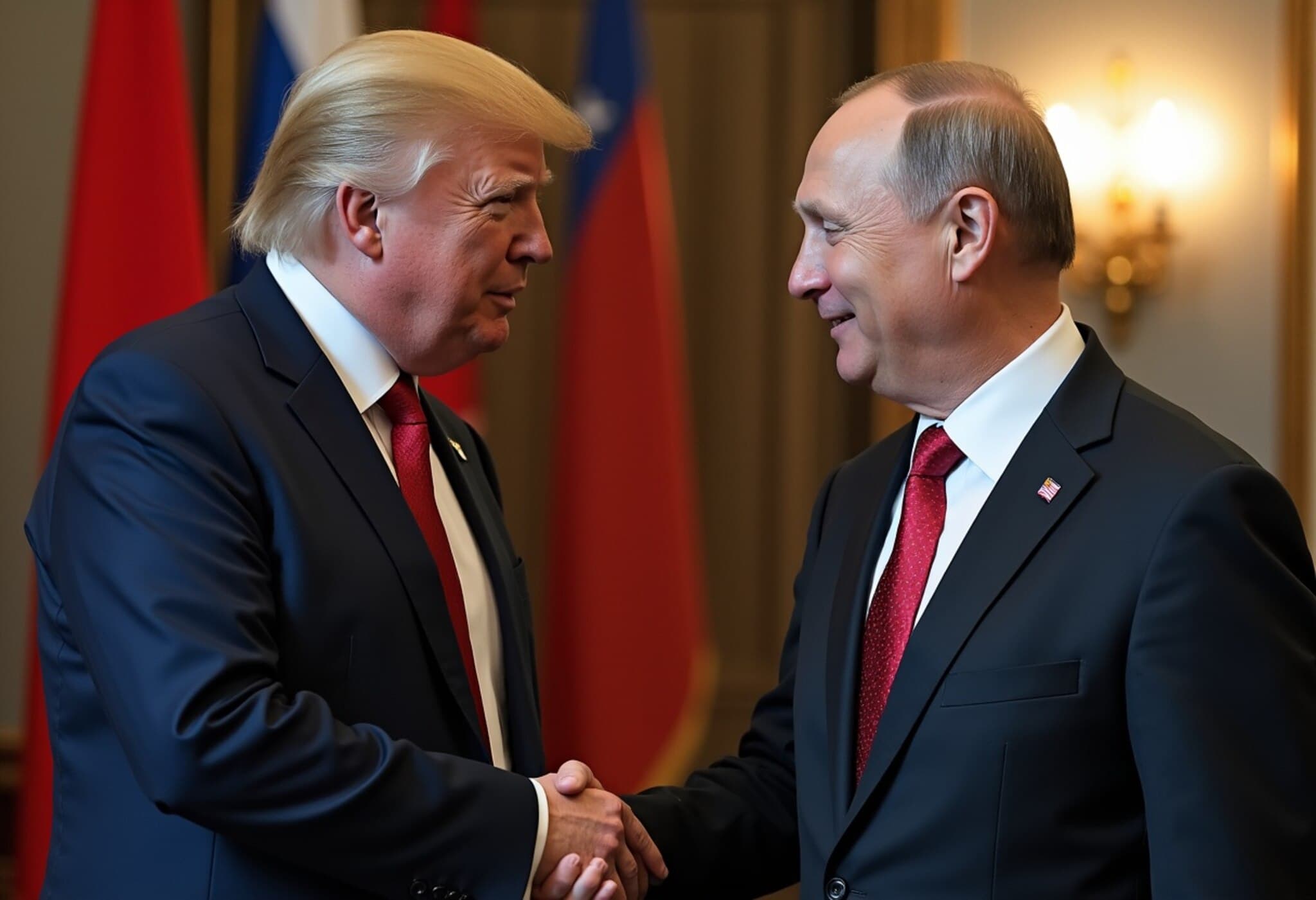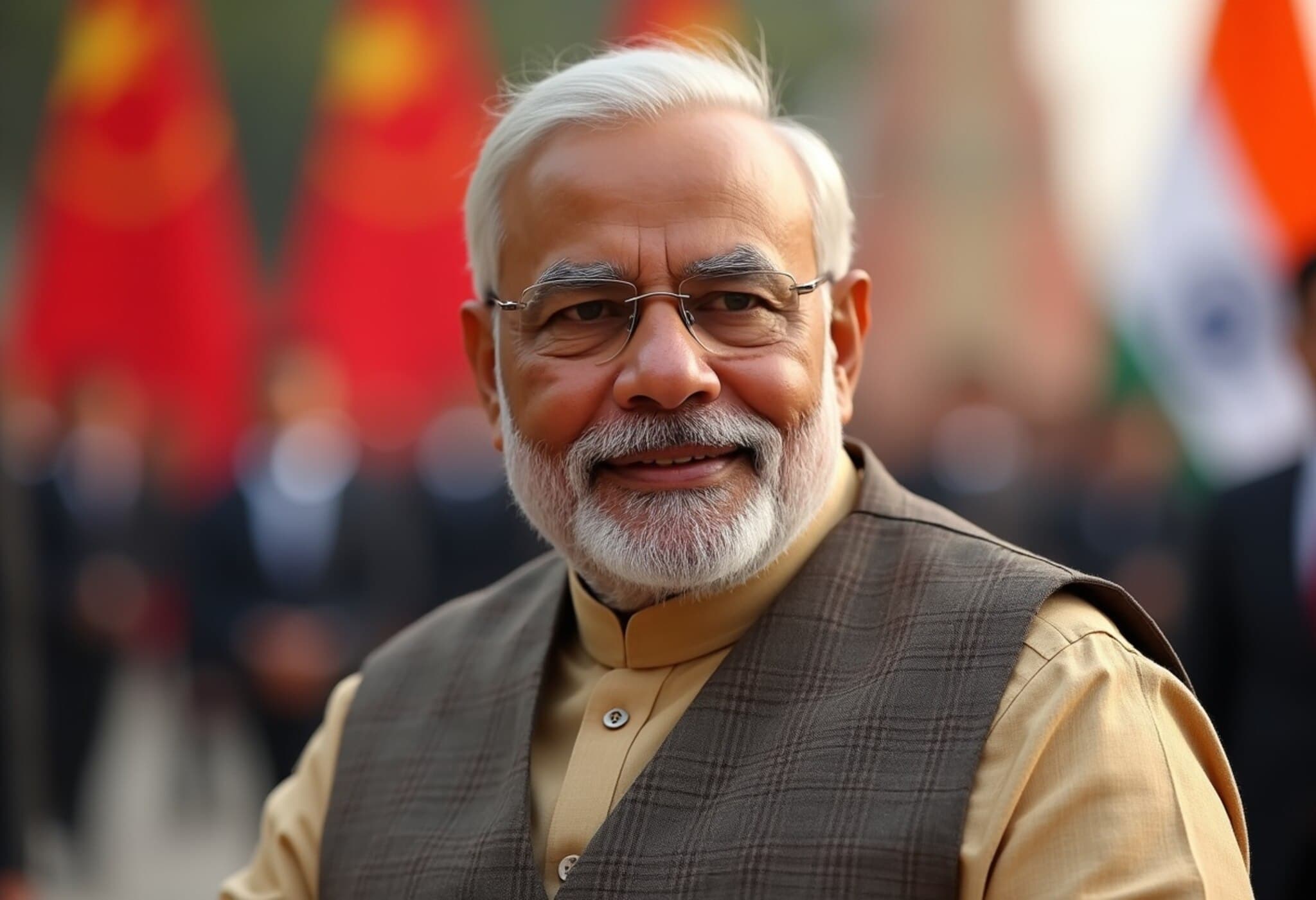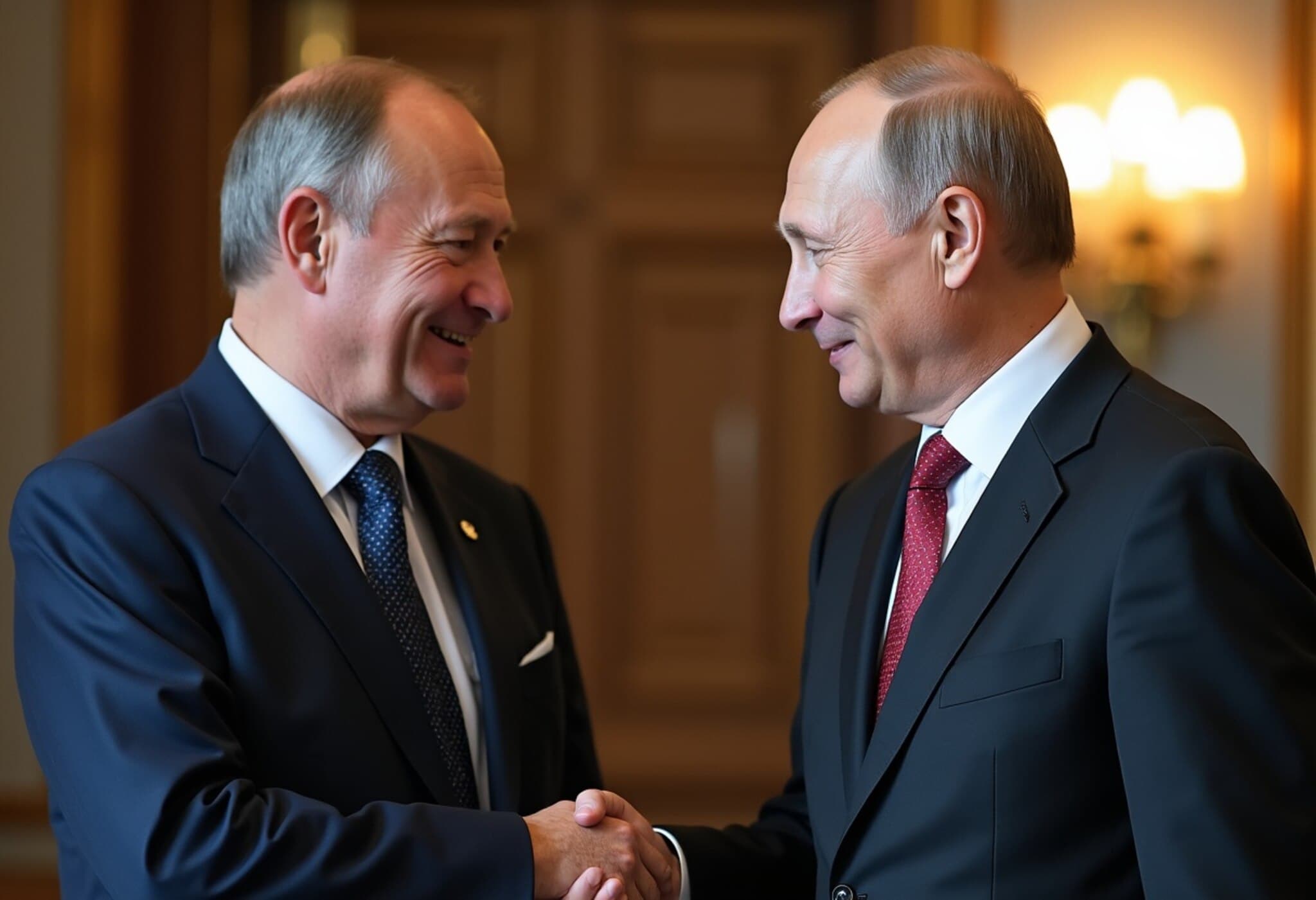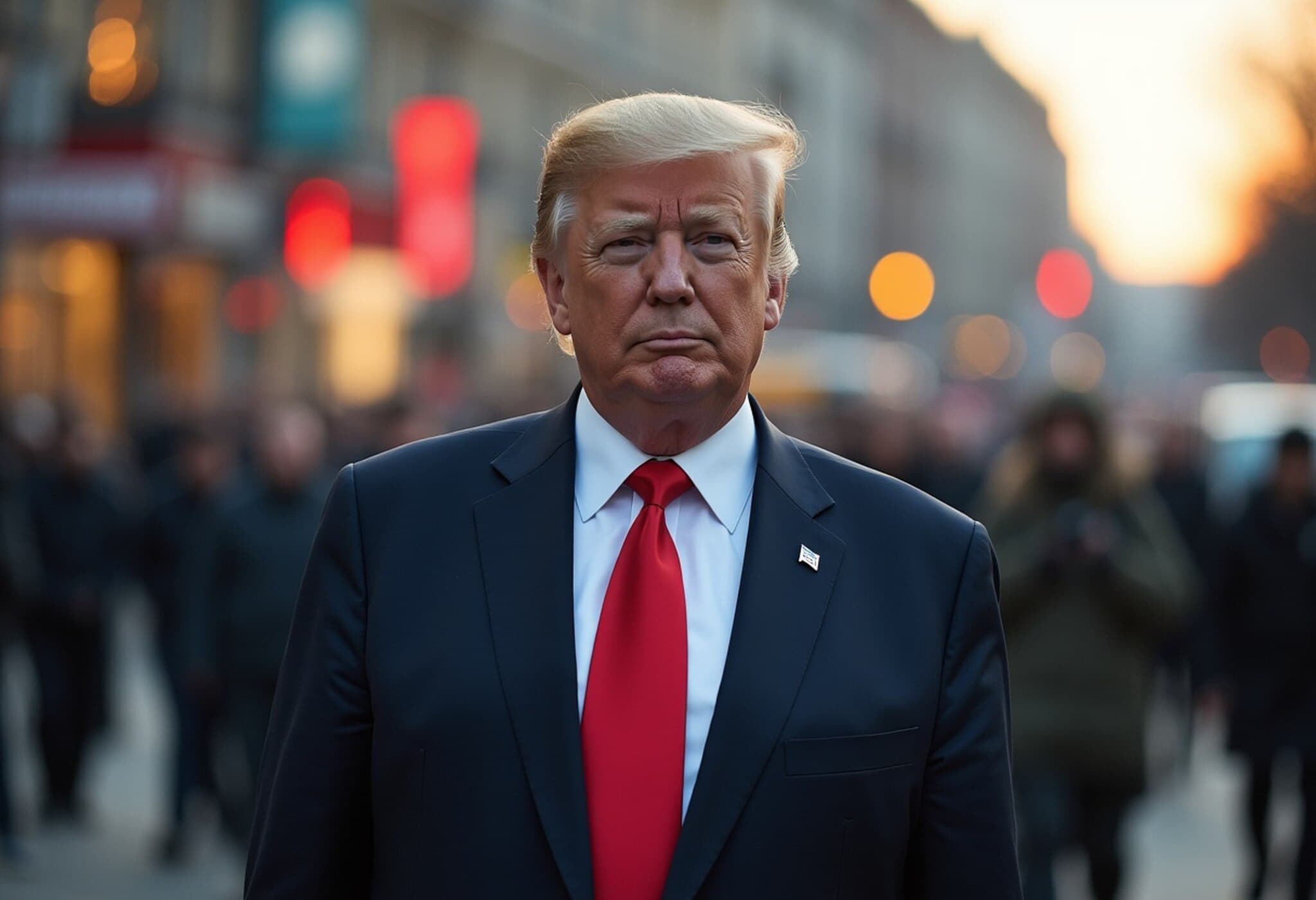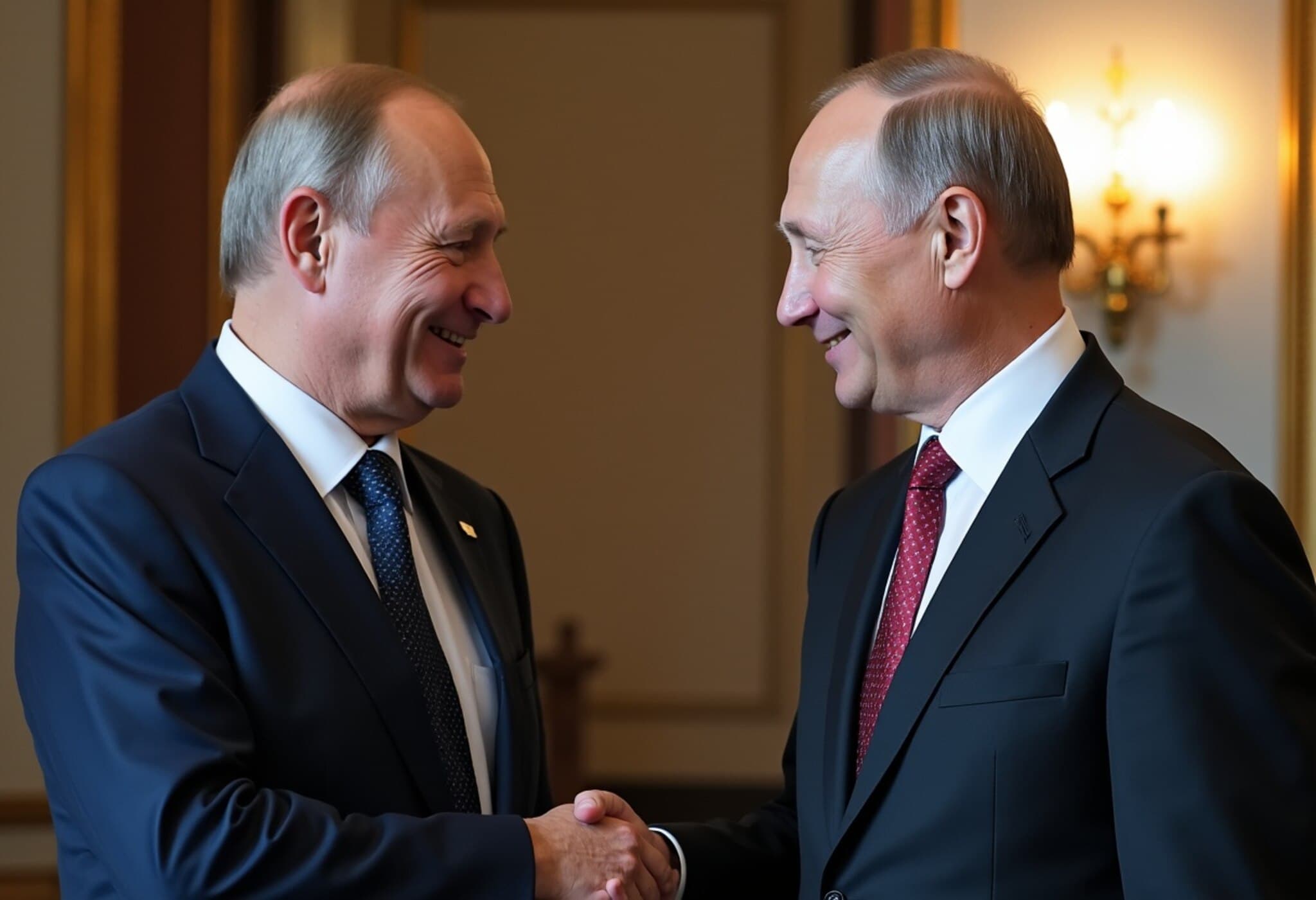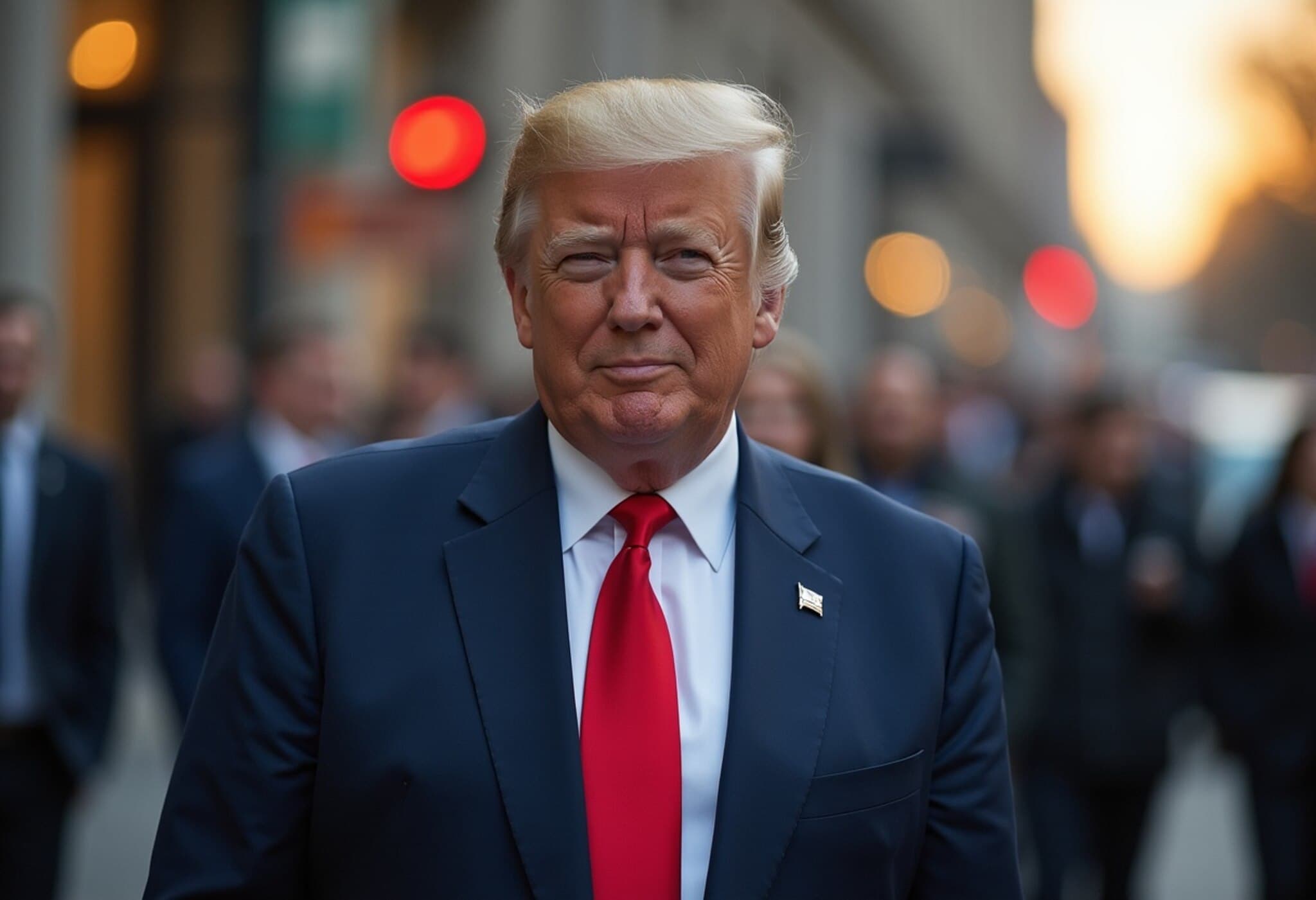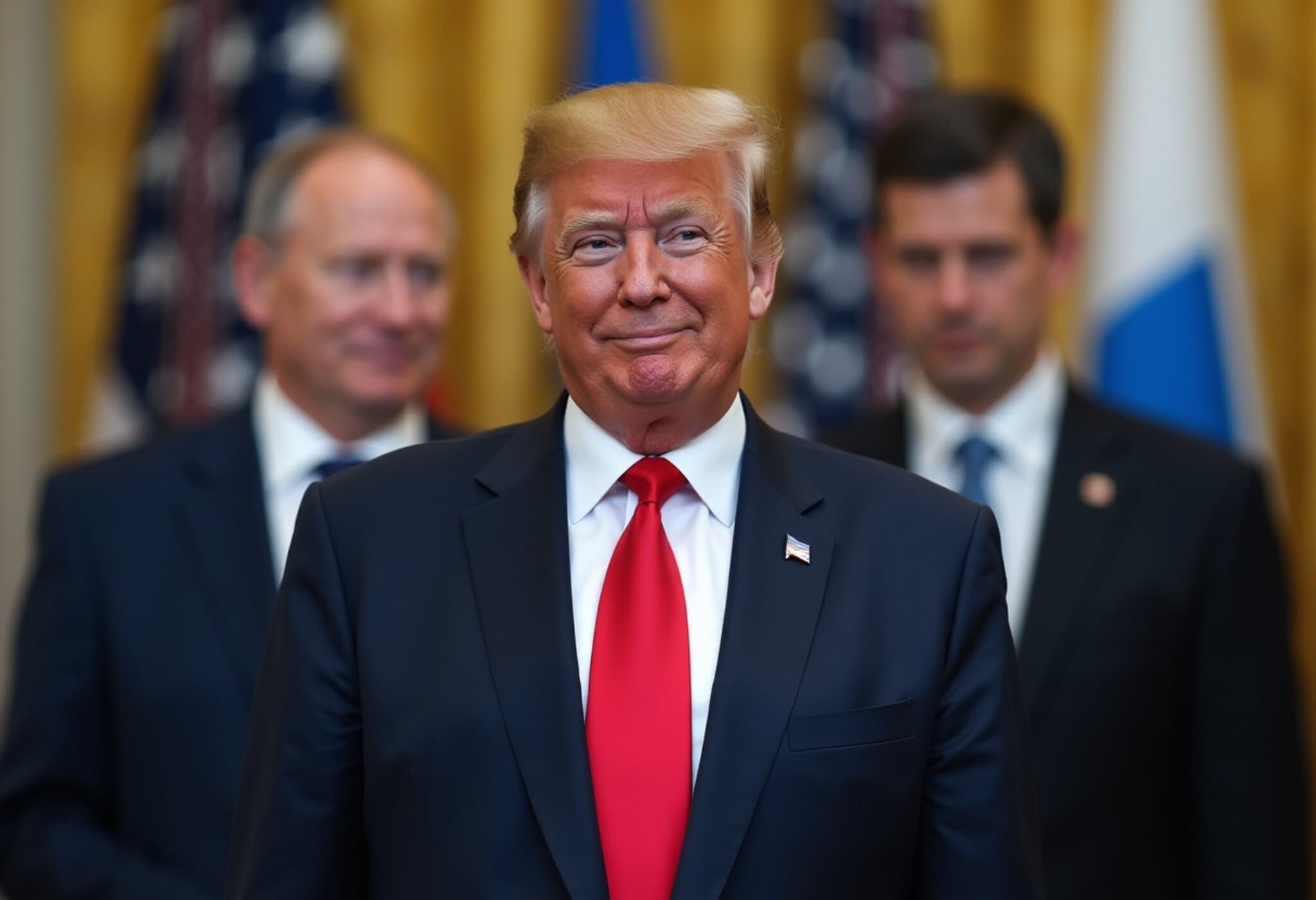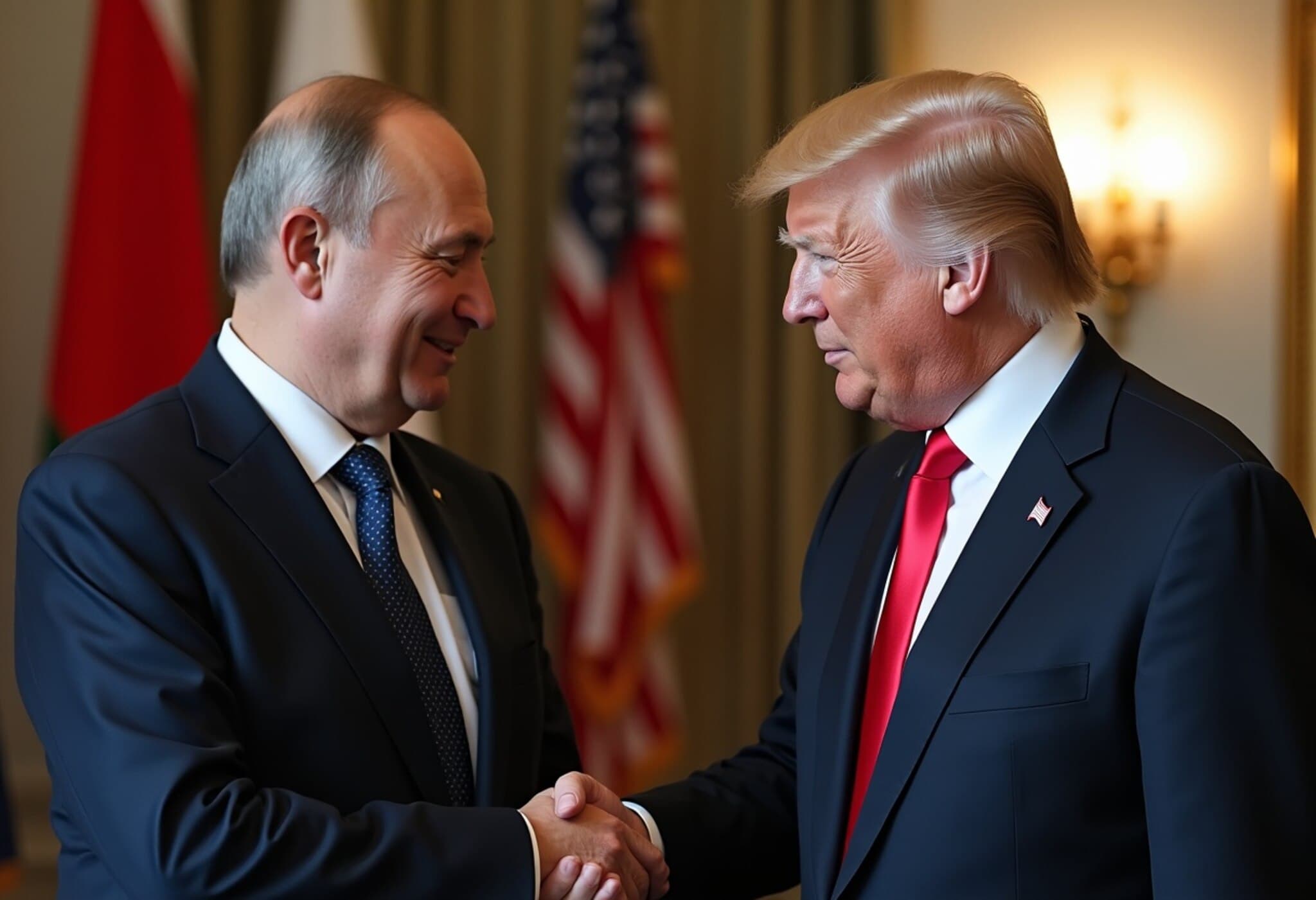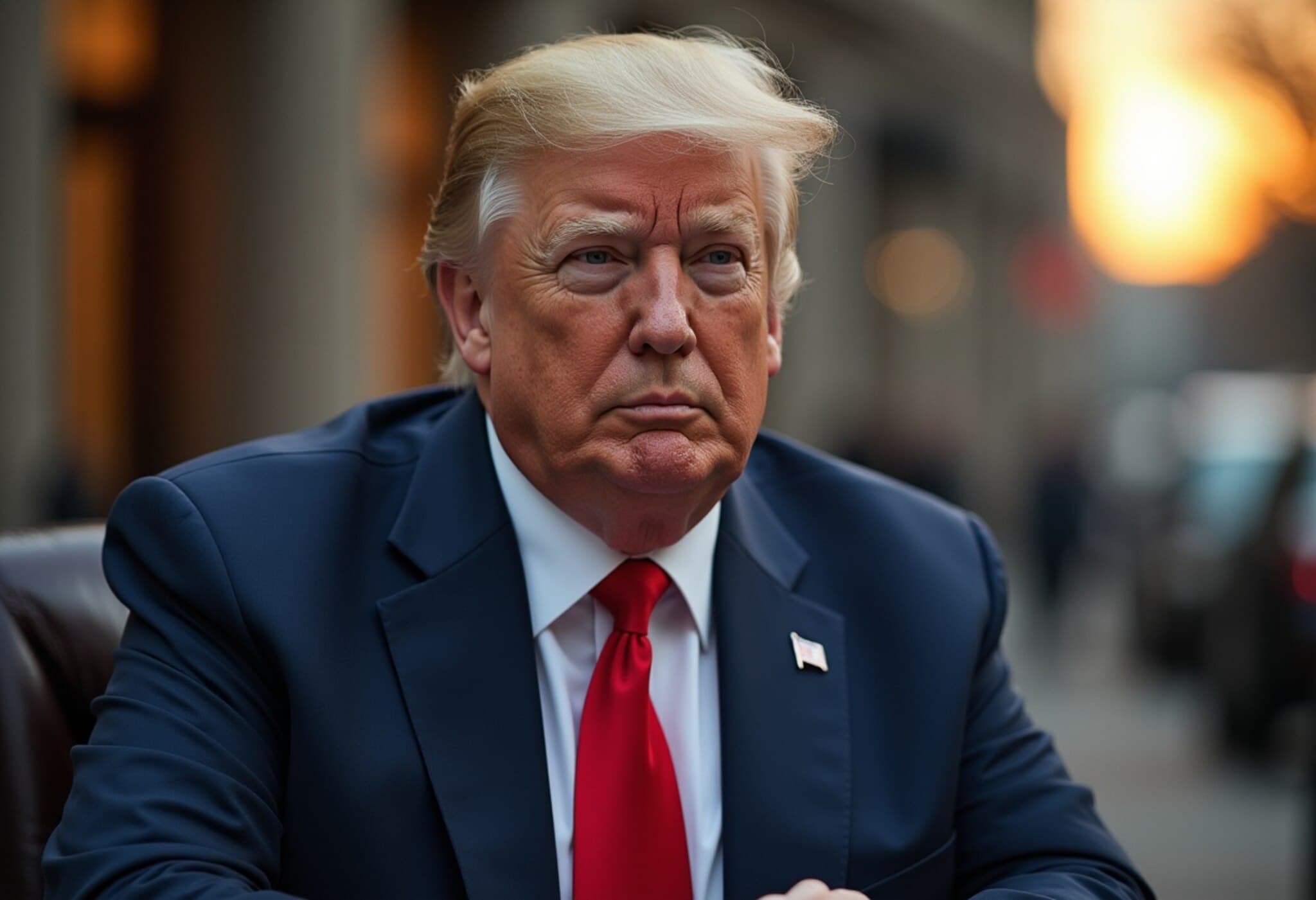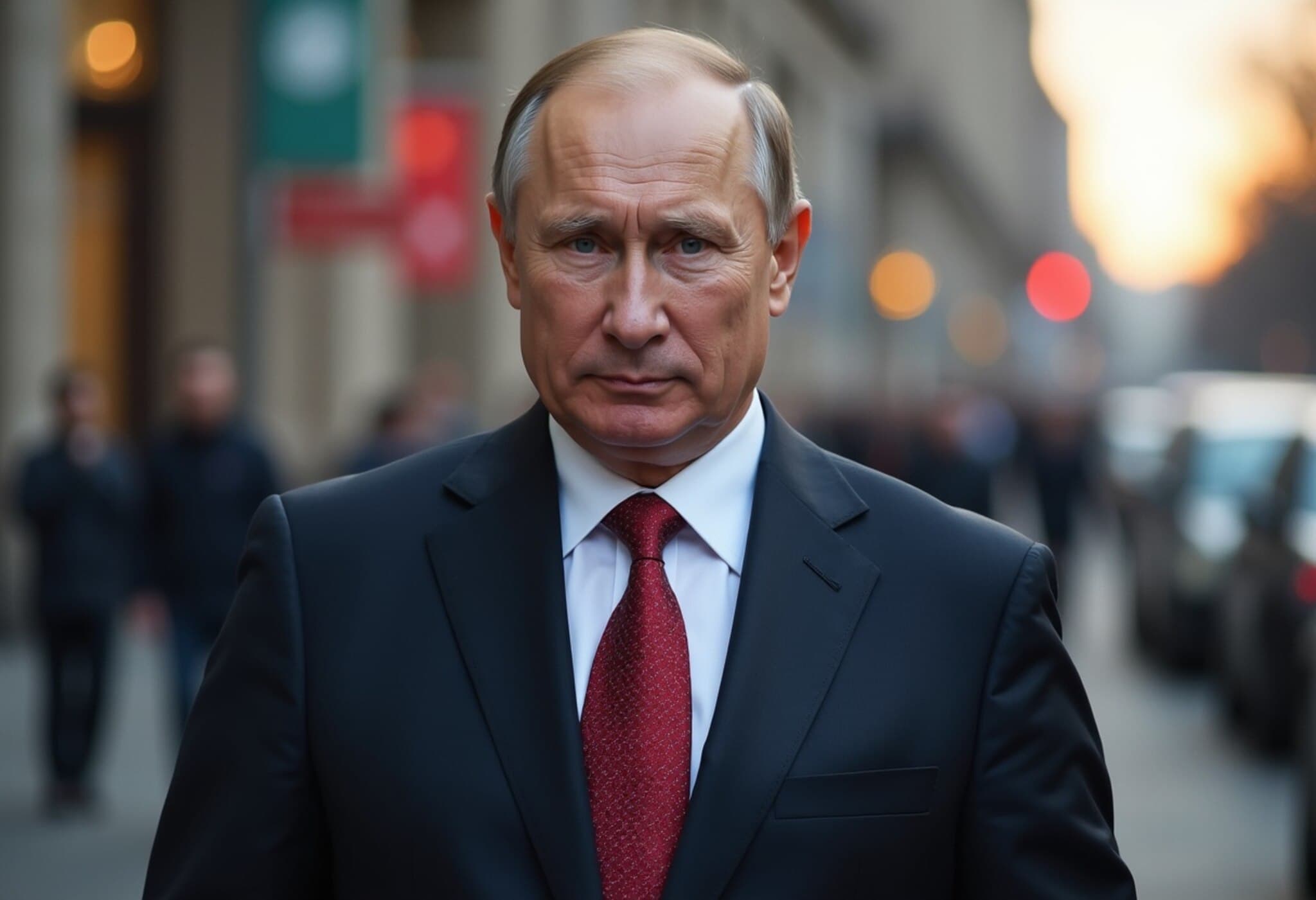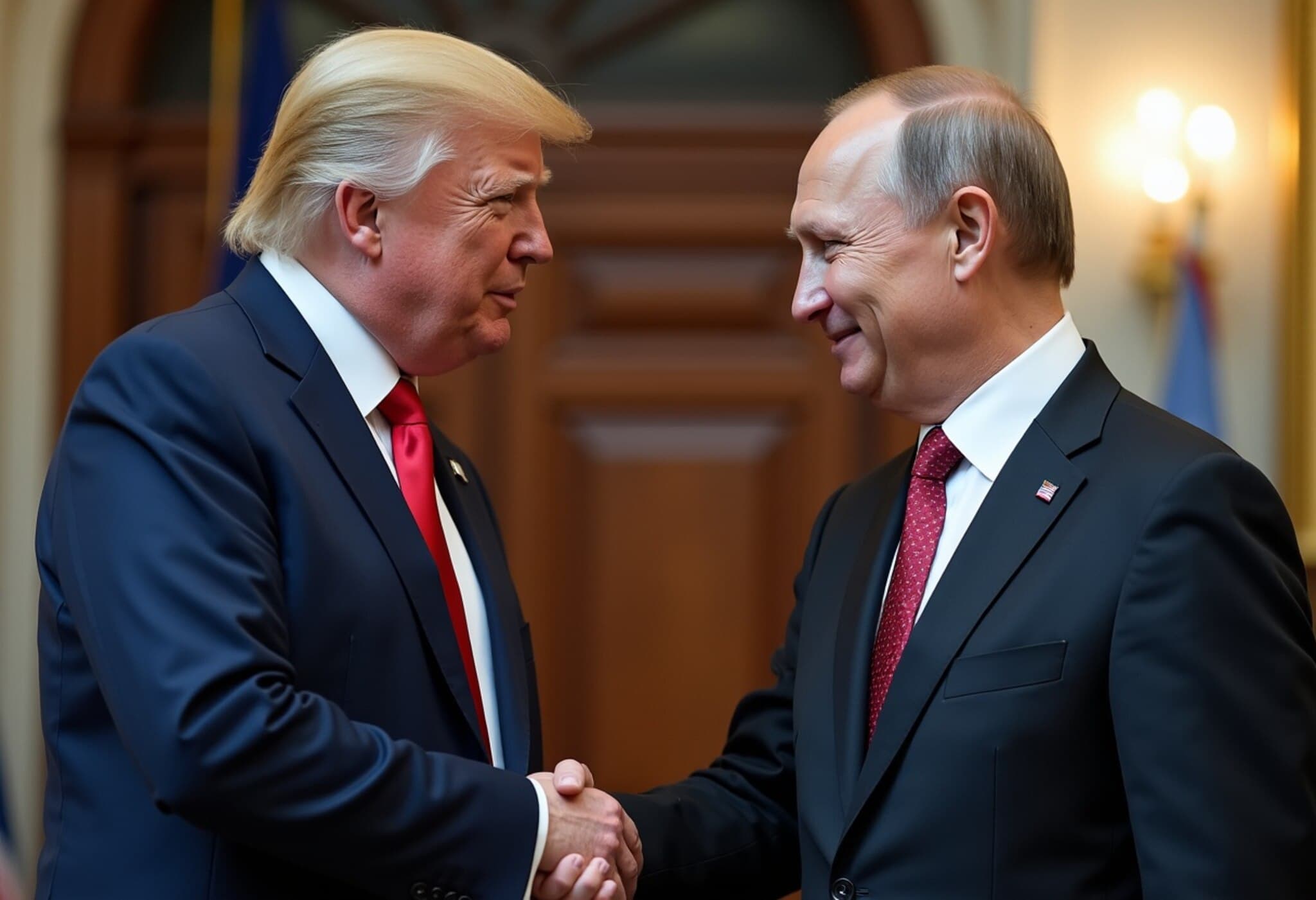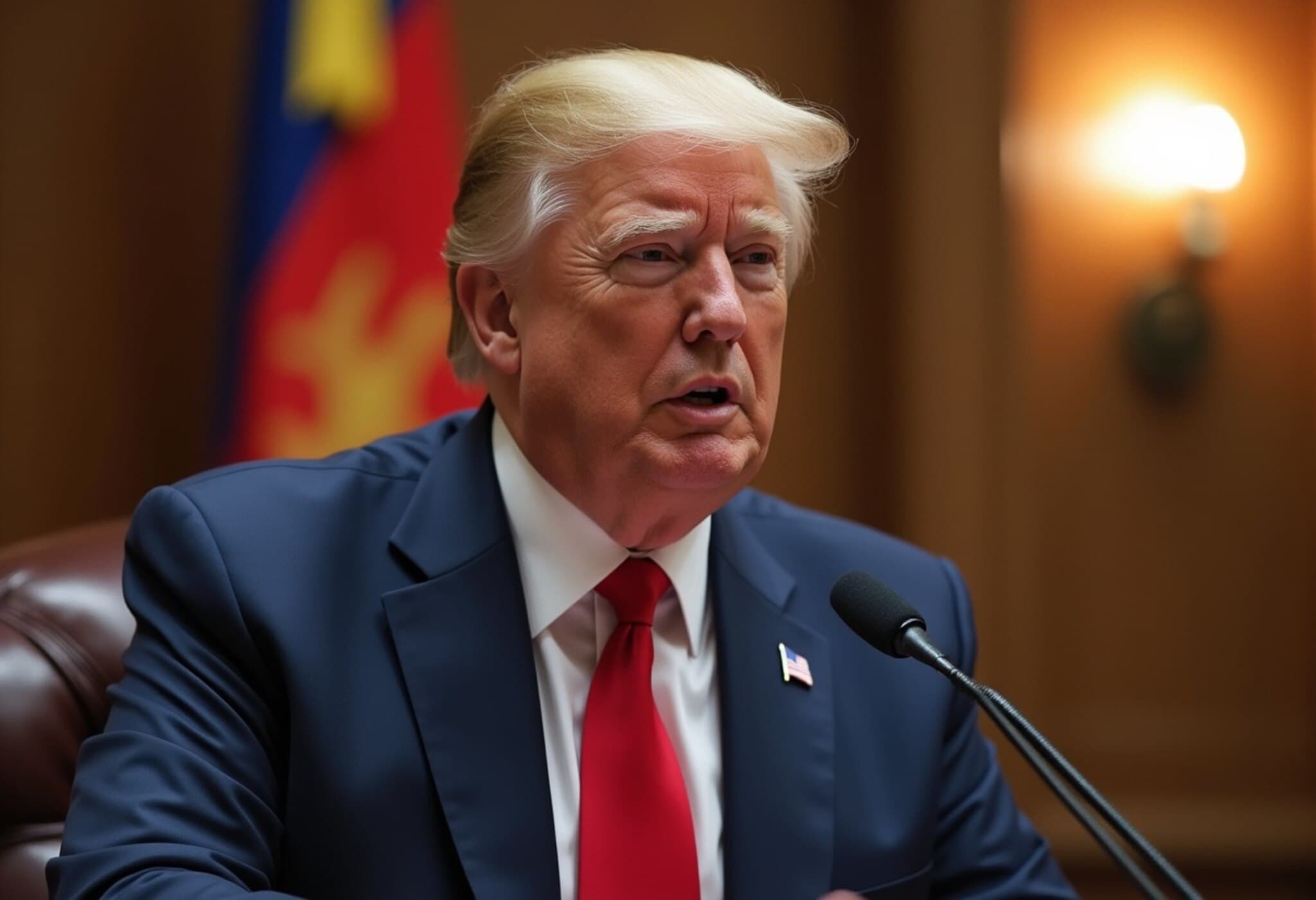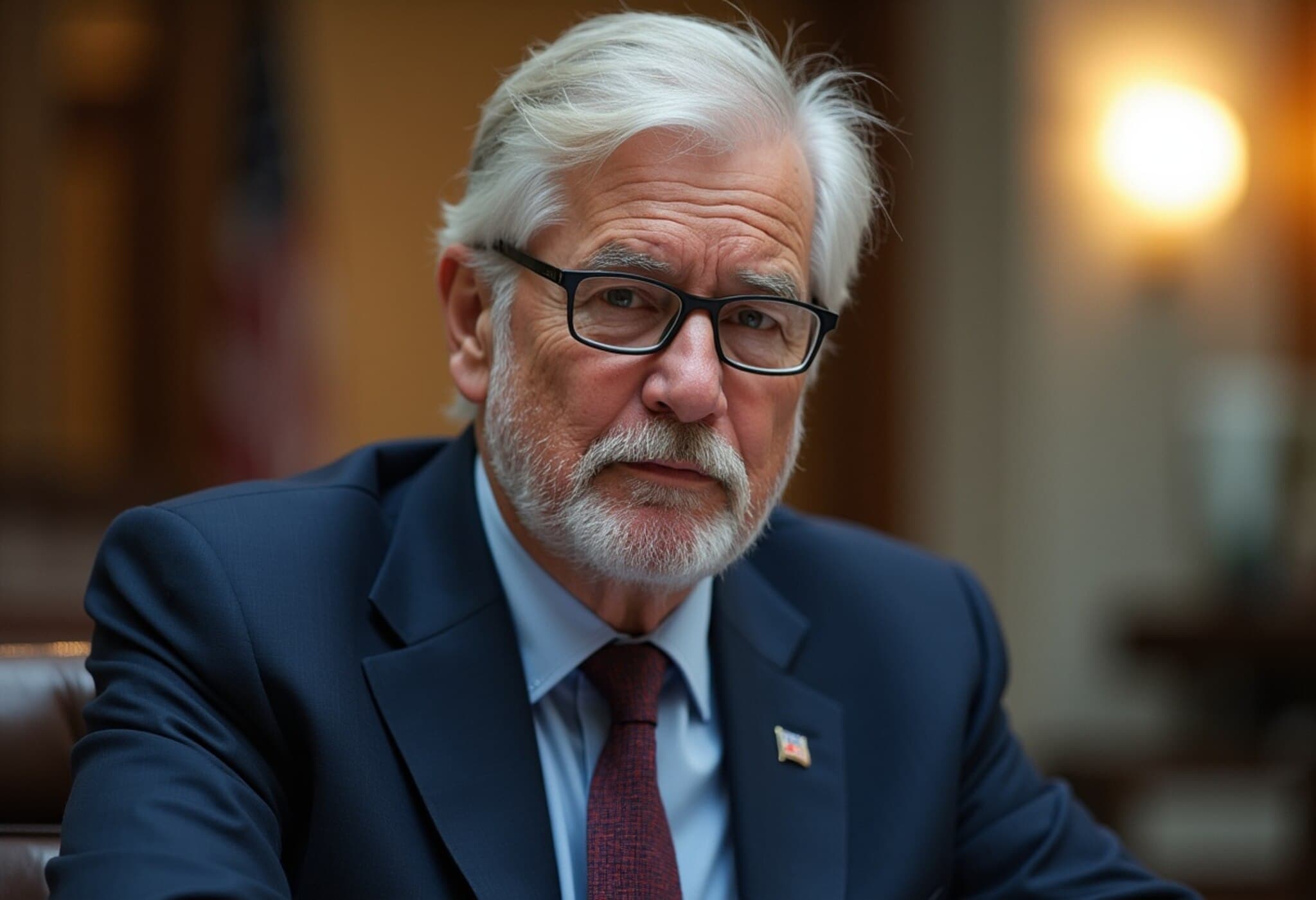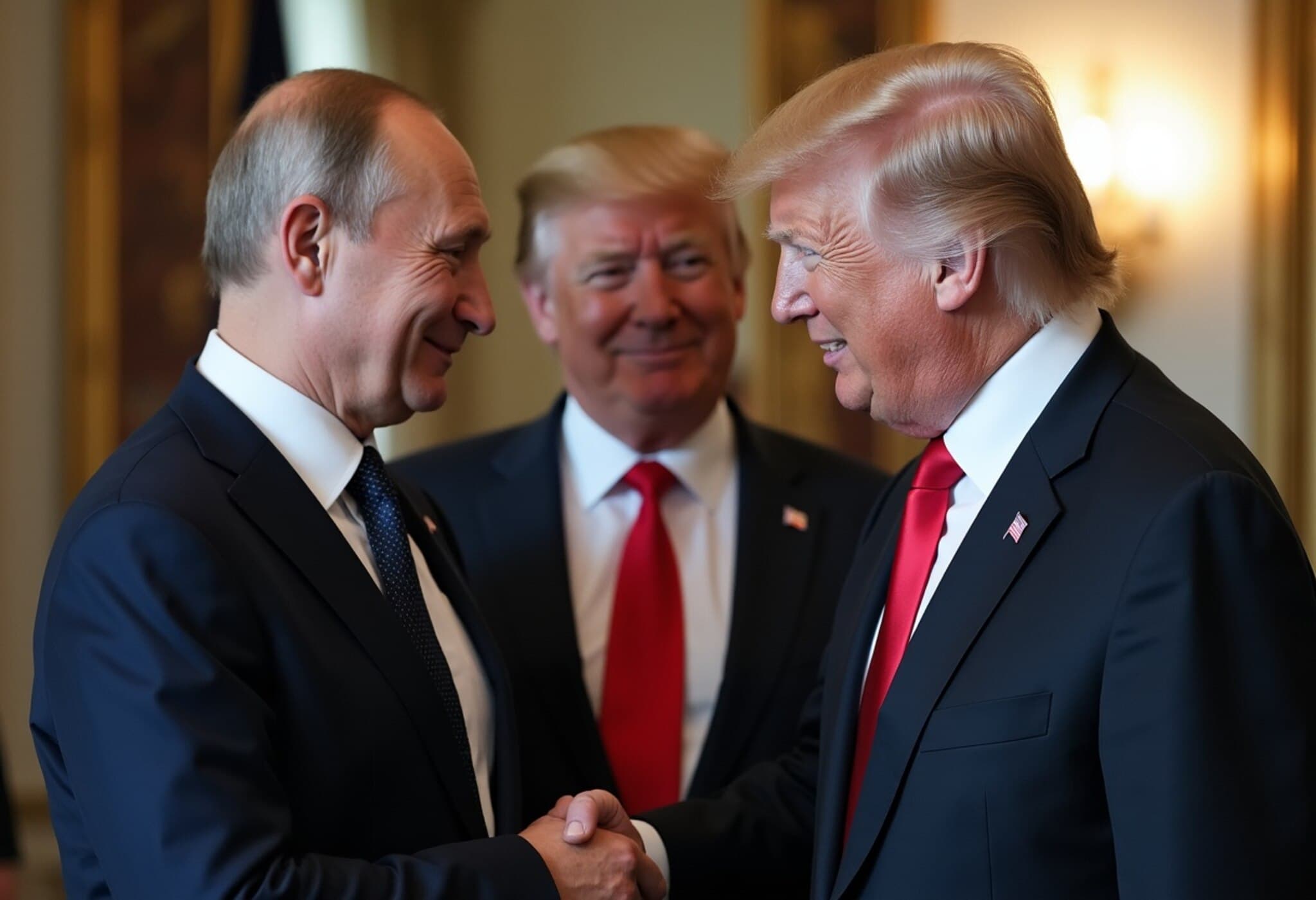Trump Thanks Belarusian President Lukashenko for Prisoner Release Ahead of Key Summit
In a notable prelude to a highly anticipated summit with Russian President Vladimir Putin in Alaska, former US President Donald Trump engaged in a phone call with Belarusian President Alexander Lukashenko, a staunch Russia ally. Trump publicly expressed his gratitude for Lukashenko’s decision to free 16 prisoners and hinted at ongoing negotiations for the release of more than 1,300 detainees.
A Strategic Dialogue Amid Complex Geopolitics
Belarus, under Lukashenko’s nearly three-decade rule, has been a critical supporter of Russia’s invasion of Ukraine, even allowing Russian forces to stage their 2022 offensive via Belarusian territory. Against this backdrop, Trump’s conversation with Lukashenko takes on greater geopolitical significance.
On Truth Social, Trump shared, “I had a wonderful talk with the highly respected President of Belarus, Aleksandr Lukashenko. The purpose of the call was to thank him for the release of 16 prisoners. We are also discussing the release of 1,300 additional prisoners. Our conversation was a very good one.”
Invitation to Belarus and Broader Diplomacy
According to Belarusian state news agency BELTA, Lukashenko invited Trump and his family to visit Belarus, an invitation that Trump accepted. The leaders further discussed their bilateral relations and the ongoing war in Ukraine, illustrating the multifaceted nature of their interactions.
Lukashenko’s leadership has been marked by authoritarian consolidation, including crackdowns on independent media and political opposition. Human rights groups like Viasna report that Belarus currently holds over 1,180 political prisoners, many detained following the disputed 2020 presidential election which sparked mass protests.
The Human Rights Dimension
Earlier this year, Lukashenko released several political prisoners, including opposition figure Sergei Tikhanovsky, after engaging with appeals from the White House. The prisoner releases may reflect Lukashenko’s attempts to ease international pressure amid ongoing regional tensions. However, critics argue these moves do not substantially alter Belarus's overall repressive climate.
What This Means for US-Russia Relations
Trump’s outreach to Lukashenko ahead of meeting Putin signals an effort to build channels with key regional actors allied to Russia. For the US and global audience, it raises important questions about the role such dialogues play in influencing conflict resolution and human rights advocacy. The prospect of releasing over a thousand prisoners, if realized, would mark a significant development in a region beleaguered by war and political repression.
Expert Insight
Political analyst Dr. Emily Hargrave notes, "Engagements like these are a double-edged sword. While they can open pathways for peace and humanitarian relief, they also risk legitimizing authoritarian regimes without demanding sufficient reforms." In the context of the Alaska summit, balancing diplomatic pragmatism with a firm stance on human rights remains a delicate challenge.
Summary Box: Key Takeaways
- Trump thanked Lukashenko for freeing 16 prisoners and is negotiating for further releases exceeding 1,300 individuals.
- Lukashenko remains a pivotal Russia ally, with Belarus serving as a strategic launch point in the Ukraine conflict.
- Belarus holds over 1,180 political prisoners, drawing criticism for its authoritarian governance.
- The prisoner releases may ease some international pressure but do not yet signal systemic political reform.
- The upcoming Alaska summit between Trump and Putin is a focal point for assessing US diplomacy on Eastern Europe tensions.
As this story unfolds, close attention will be paid to how these prisoner releases impact diplomatic relations, regional stability, and human rights conditions across Belarus and Ukraine.
Editor's Note
This diplomatic exchange highlights the complex interplay between ruthless power politics and humanitarian concerns. Readers should consider how prisoner releases are leveraged within broader geopolitical strategies and what this means for the future of US engagement in Eastern Europe. The effectiveness of such negotiations will ultimately depend on transparent outcomes and sustained pressure for political accountability.

